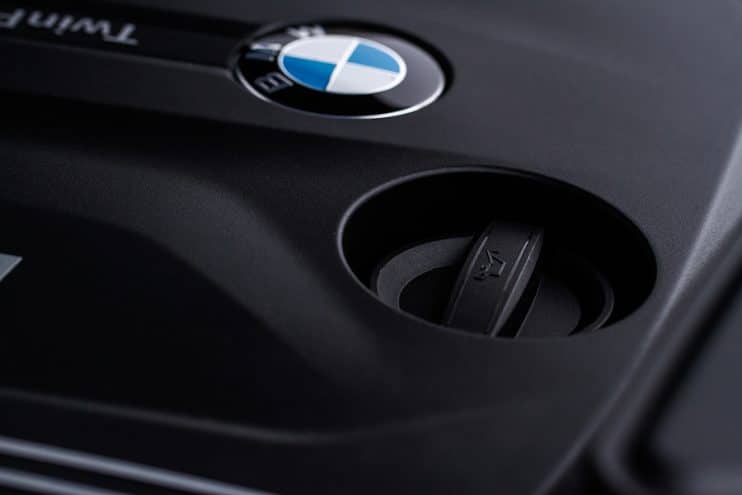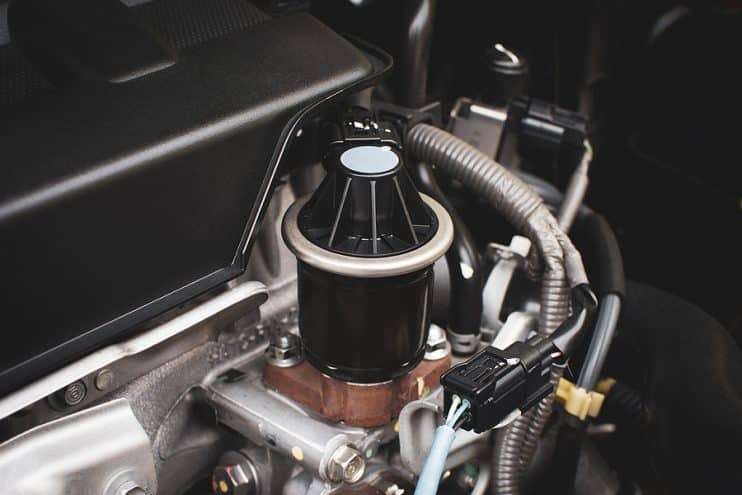
The BMW 2 Series is a compact and sporty car line produced by the German automaker BMW. Introduced in 2014, it replaced the 1 Series Coupe and Convertible models. The 2 Series is available as a two-door Coupe, a four-door Gran Coupe, and a four-door Active Tourer and Gran Tourer.
While the Series 2 is well known for its sporty handling, powerful engine options, and luxurious interior, it can experience a range of common issues like any other vehicle. Our guide gives you an overview of the most common problems and what you can do about them. Plus, find out how reliable the Series 2 is and how expensive it can be to maintain.
Table of contents:
- What are the most common faults with the BMW Series 2?
- How reliable is the BMW 2 Series?
- Is the BMW 2 Series expensive to maintain?
What are the most common faults with the BMW Series 2?
From timing chain issues to premature brake problems, here are some of the most common faults BMW Series 2 drivers and owners have reported.
Timing chain
The timing chain in the BMW 2 Series, particularly in 2014 and early 2015 models with the N20 engine, has been known to have issues, as well as the N47 diesel engine. The chain can stretch or fail prematurely, leading to significant engine damage if not addressed.
Symptoms include an engine rattling or whining noise, low oil level warnings, drivetrain malfunction errors, misfiring, poor engine performance, and, in severe cases, engine failure, requiring a replacement engine.
Regular maintenance and early detection are crucial. If you notice any unusual noises or engine performance issues, have the timing chain inspected immediately. Replacing the timing chain and its associated components as a pre-emptive measure can prevent catastrophic engine damage. BMW extended the warranty for the timing chain on models affected by the issue to 7 years (or 70,000 miles) and released updated timing chain components, which should be used for replacements.

Oil consumption
Some BMW 2 Series models are known to consume oil faster than usual. High oil consumption can lead to engine damage if the issue isn’t regularly monitored and addressed.
Check and top up the engine oil level regularly. Use the recommended grade of oil and stick to proper maintenance schedules to mitigate any issues. If the vehicle’s oil consumption is excessive, take it to a professional mechanic for a thorough inspection to check for oil sump leaks or internal engine problems.
Rear axle bolts
Customers have reported that the rear axle bolts in the BMW 2 Series have loosened or failed, which can affect the vehicle’s stability and handling. This issue can lead to a clunking noise from the rear or, in severe cases, loss of control.
Regular inspections and ensuring the bolts are torqued to the manufacturer’s specifications can prevent this issue. If you notice any unusual noises or handling issues, have the rear axle inspected and the bolts replaced if necessary.
Fuel pump
Fuel pump failures are another common problem in the BMW 2 Series, particularly affecting models with turbocharged engines. Symptoms include difficulty starting the engine, spluttering at high speeds, misfiring engine and a noticeable loss of power.
If you experience these symptoms, have a professional mechanic check the fuel pump and connected components. Replacing the fuel pump can resolve any issues, and it’s advisable to use genuine new or used BMW 2 Series parts to ensure compatibility and longevity.
Water pump
The water pump in the BMW 2 Series, especially in N20, N55 and S55 engine models, has been known to fail prematurely. Symptoms include overheating, coolant leaks, and unusual noises from the engine bay.
Regular coolant checks and maintenance can help identify early signs of water pump failure. If the water pump fails, it needs to be replaced immediately to prevent your engine from overheating and any possible damage. You can buy upgraded or reinforced BMW water pumps, which are a more durable option.

Seatbelts
Seatbelt issues in the BMW 2 Series are less common but have been reported, particularly with seatbelt retractors and pre-tensioners. Problems can include failure to retract properly or malfunctioning during an accident.
Regularly check the functionality of all seatbelts. If any issues are detected, have the seatbelts inspected and replaced by a professional. Ensuring that all seatbelt mechanisms are in good working order is crucial for your safety and passengers.
Power steering
Owners have reported problems with the BMW 2 Series’s power steering system, such as stiff steering or a complete loss of power assistance. The issue isn’t a common one, but BMW has acknowledged the fault. It can happen due to a failing power steering pump or electronic steering motor.
If you experience difficulty steering or notice warning lights related to the power steering system, have it inspected immediately. Replacing the faulty components, such as the power steering pump or motor, can restore normal steering function. BMW should replace the pump and fix any damage if it does happen under warranty.
Airbags
A small number of 2016 BMW 2 Series models have been reported to have airbag issues, including faulty sensors, defective inflators, or electrical problems that prevent the airbags from deploying properly in an accident.
Regular diagnostic checks are essential, especially after minor impacts or warning lights on the dashboard. If any faults are detected, repair the airbag system or replace the airbags to ensure they work correctly in a collision.
Brakes
Brake problems in the BMW 2 Series, such as premature wear of brake pads and discs, can compromise braking performance. However, this can be a common issue with performance vehicles like the 2 Series. Drivers may experience squealing noises, vibrations, or reduced braking efficiency.
Regular brake inspections and maintenance are crucial. Replacing brake discs and pads with high-quality components as needed can prevent these issues. Using genuine BMW parts ensures your vehicle maintains optimum performance and safety.

EGR cooler
The Exhaust Gas Recirculation (EGR) cooler in some BMW 2 Series models can develop leaks or become clogged, reducing engine performance and increasing emissions.
Regular cleaning and maintenance of the EGR system can help prevent issues. If the EGR cooler is faulty, replacing it with an updated part from BMW can resolve the problem and improve engine efficiency.
Crankshaft sensor
The crankshaft sensor in the BMW 2 Series can fail, causing issues such as engine stalling, misfires, or difficulty starting the engine. The sensor is crucial for proper engine timing and performance.
If you experience these symptoms, have the crankshaft sensor checked and replaced if necessary. Using a genuine or high-quality replacement sensor ensures proper engine operation and longevity. Regular diagnostic checks can help detect sensor issues early.
How reliable is the BMW 2 Series?
The reliability of the BMW 2 Series can vary depending on the model year, specific engine, and maintenance history. Generally, the BMW 2 Series is considered a well-engineered performance vehicle, but it’s essential to be aware of the abovementioned issues.
Reviews can be mixed in terms of reliability. For example, Auto Express’s 2020 Driver Power survey placed BMW 27th out of 30 manufacturers, and the 2 Series didn’t even feature among the 75 cars ranked. However, BMW appeared in 21st place out of 29 manufacturers in its 2021 survey.
On the other hand, WhatCar? placed BMW 12th out of 32 manufacturers in its 2024 reliability survey, a much-improved performance.
Carbuyer gives the BMW 2 Series a solid rating regarding owner satisfaction, but they note that reliability is a mixed bag. In the Driver Power survey, it also placed mid-pack. Problems with the cooling system and electronics were among the more frequently reported issues.
Is the BMW 2 Series expensive to maintain?
Maintenance costs can vary depending on your specific model and engine. However, BMWs can indeed be expensive to maintain and repair. It’s a luxury car brand with proprietary parts, which tend to be more costly and harder to get a hold of. Integrated advanced infotainment systems and technology also mean these components can be expensive to repair and replace. Service costs can also be higher than those of other car manufacturers. A full or major BMW service can cost at least £200 for a smaller engine, while an interim service costs around £150. Larger engines over 3 litres will cost more.
BMW offers a three-year unlimited mileage warranty in the UK, which can provide some peace of mind to new car buyers. Extended warranties are also available, which can be beneficial given the potential for expensive repairs. If you’re looking for a second-hand model, it’s a good idea to look for one that has been well-maintained and consider extended warranty options to cover any potential repairs.
Keeping your BMW 2 series well-maintained will lower your overall repair costs and fuel costs and increase your vehicle’s resale value.










.png)